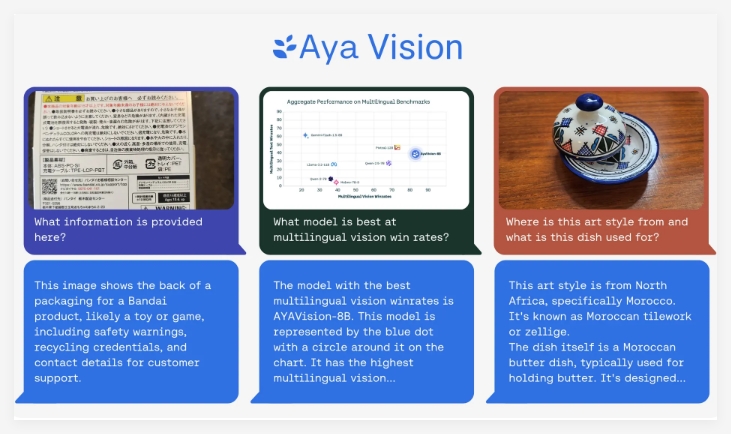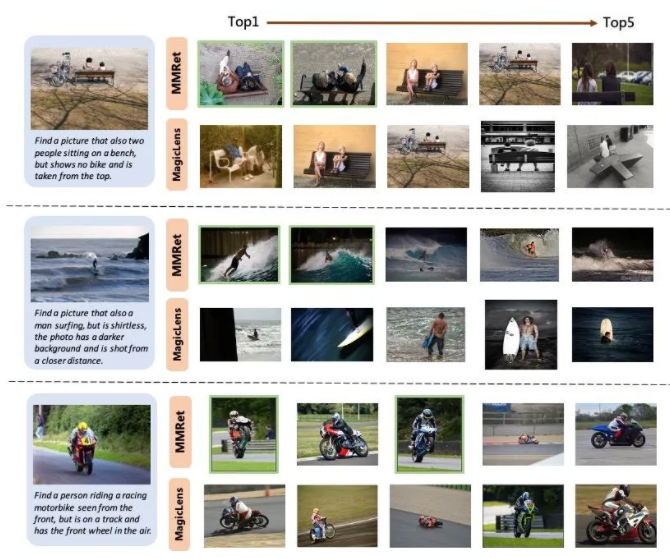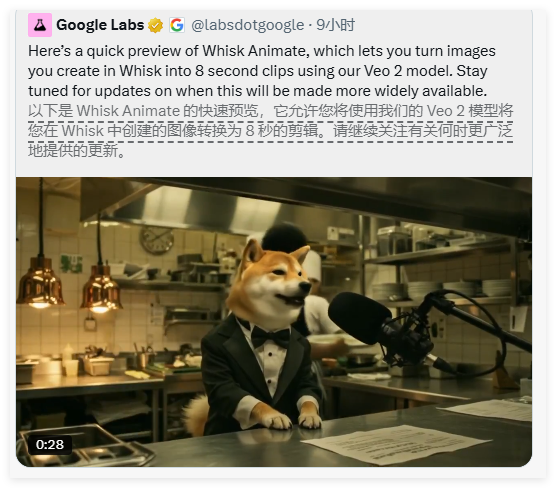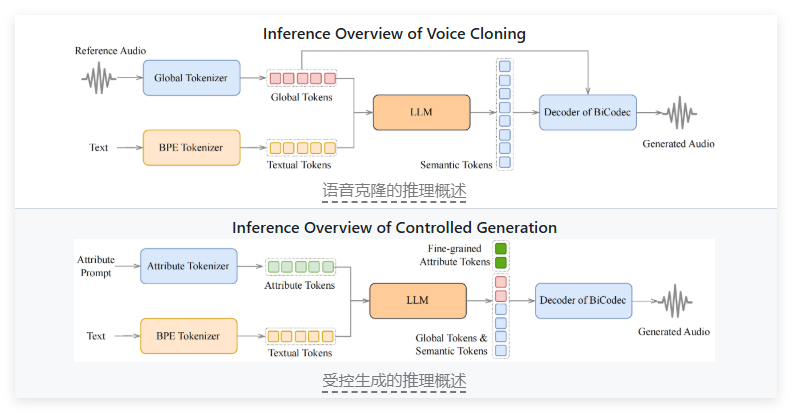Recently, Tesla and SpaceX CEO Elon Musk has once again focused his attention on the field of artificial intelligence, especially the accusation against OpenAI, the manufacturer of ChatGPT. He publicly called on relevant government departments in California and Delaware to force an auction of OpenAI shares to resolve his legal dispute with the company.
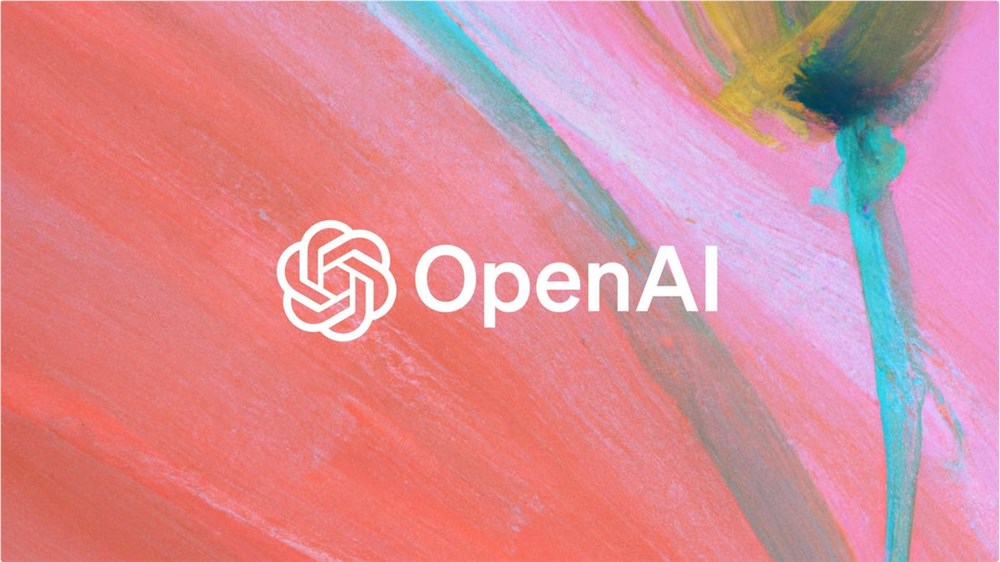
Musk believes that OpenAI has had major problems with its decision-making and management structure since it transformed into a for-profit company. He claimed that OpenAI’s original intention was to promote the safe development of artificial intelligence technology, not to pursue profits. Musk was one of the founders of OpenAI, but resigned as a director in 2018 due to philosophical differences. Now, he believes that OpenAI's current management has deviated from its original goals and urgently needs to review its operating model.
In Musk's view, OpenAI's current situation requires the introduction of new investors and managers through a forced auction of its shares to ensure that the company can return to its original mission. He hopes that the new shareholders can re-drive OpenAI's positive development in the field of artificial intelligence, rather than just pursuing financial gains.
The call generated widespread attention and discussion. Many people in the industry expressed support for Musk's approach, believing that it will help reshape OpenAI's vision and mission. However, some experts have questioned this and believe that forced auctions may have a greater impact on the company's development, especially in terms of technological innovation and brain drain.
Musk’s remarks undoubtedly add more uncertainty to the future of OpenAI. With the rapid development of artificial intelligence technology, how to balance technological progress and ethical risks will become an important topic in the industry. Reaction to Musk's call has been mixed, but the incident once again highlights the complexity and variability within the field of artificial intelligence.
In the context of the intersection of law and business, how OpenAI responds to this challenge and adjusts its development strategy still deserves continued attention.
